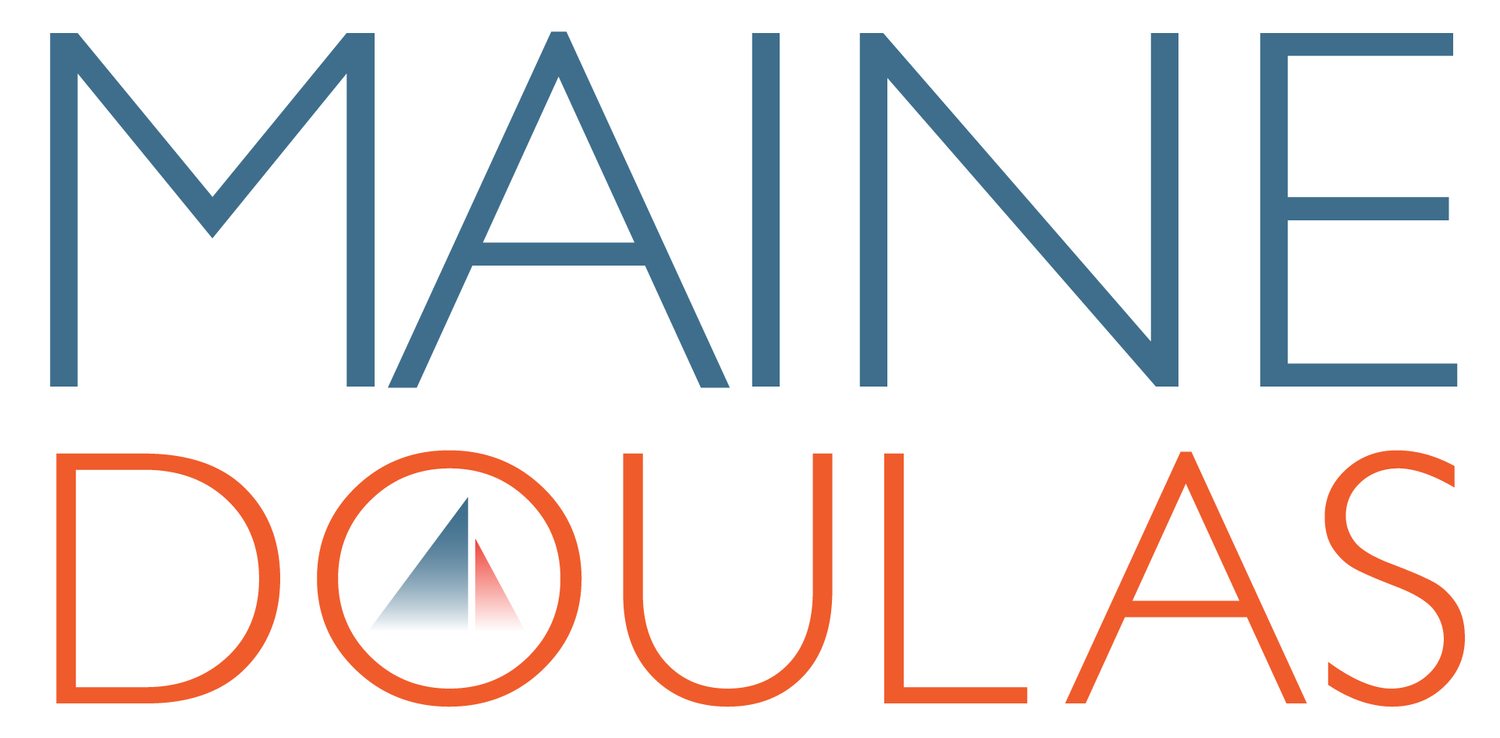End of Parental Leave, And Going Back To Work
/Being a working parent in the United States is hard. Culturally we don't have a network of support to learn generational knowledge and pass it down. And logistically, those needing help for childcare often have to pay enormous costs to have it.
But let's not get derailed with that.
For working parents, going back to work after the birth of your child is heartbreaking.
The parental leave policies in the US is one of the worst of developed nations in the world. Even though we know children have the most growth in the first years, and develop a fundamental understanding of the world around them between birth and age 3, on the whole, we still rush parents back to work in as little as 12, or even 6 weeks after birth.
If you have gone through this shift, you know how fast those weeks go. You know how surreal it is to see your baby change before your very eyes, daily, both in size, and awareness of the world around them. And, you know the heartbreak of leaving your child in the morning, and the joy of collecting them hours later.
Getting prepared for going back to work is a bit of a farce. Realistically, sure, you can have a pumping schedule, or bring something of your baby's to help your let-down reflex, or you can ask your caregiver to send you photos throughout the day. But there isn't a way to prepare for the first days back at work.
Even for those people who really love their job, returning to it after parental leave is surreal. Your attention is divided, your priorities have shifted. You're both weighed down by this new responsibility, while also elated with your new role. You are someone's parent, and at the end of your hard day of work, you are going to go home and comfort a small little person who probably had a hard day away from their favorite people.
But you'll do it. You'll figure out how to compartmentalize and prioritize. You'll find new ways to sneak a minute here or there to look through your camera roll or share a personal story. Your world has expanded, and it makes sense it would expand into one of the places you spend time.
Getting prepared to go back to work has little to do with getting up to speed with anything you may have missed professionally, and everything to do with communicating with your closest support people what you are feeling, and how they can help you transition.
You just did an incredible thing. In the span of a few weeks, you became a new kind of you with a bigger heart, tired body, and a foggy brain. Each day back will get a little bit easier. The weekend will feel even more fantastic, and Monday will have an extra edge in the mornings. But every time they come round, it will be a little bit easier.







